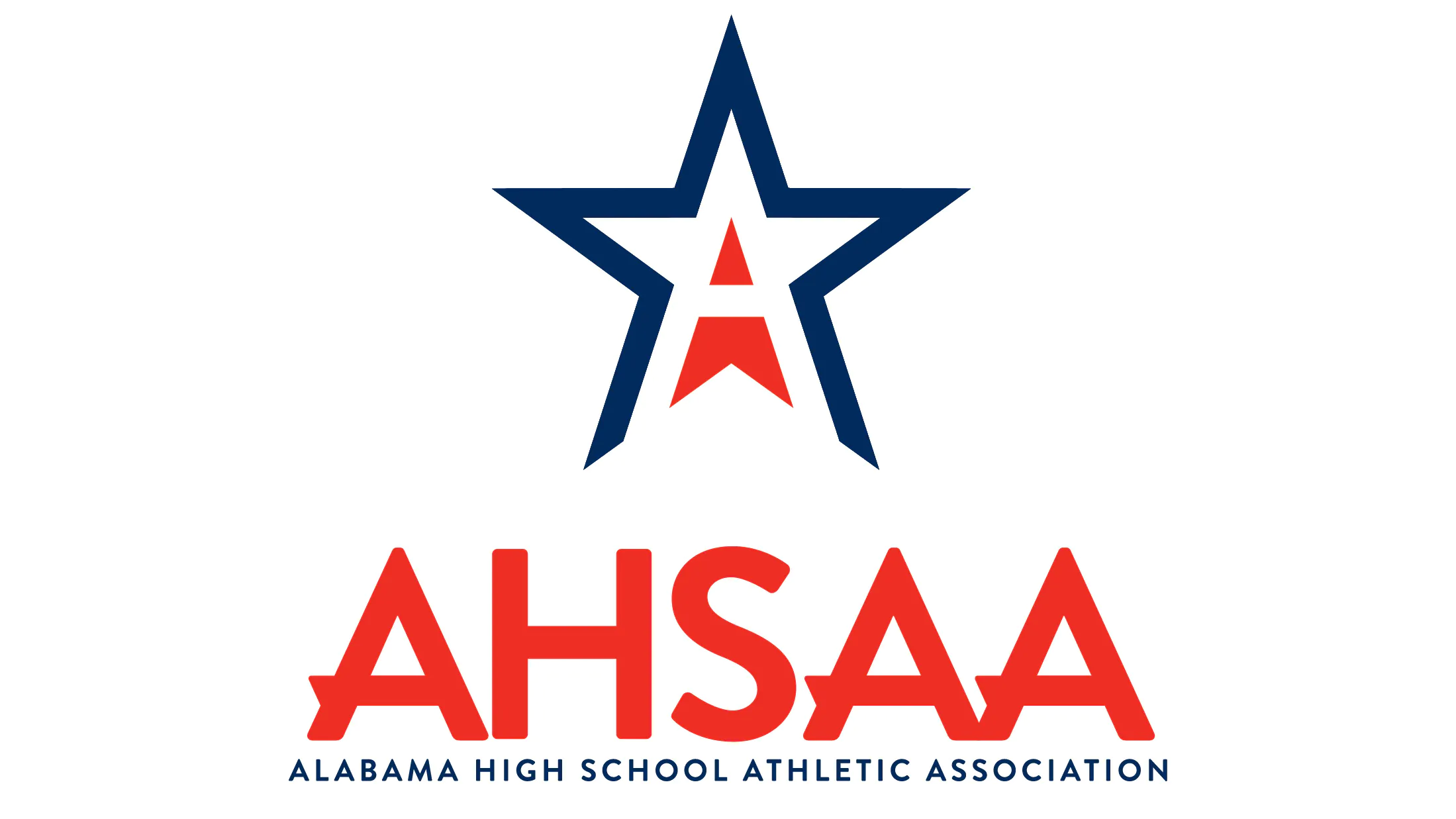Alabama’s governor and speaker of the House sued the Alabama High School Athletic Association on Thursday in what should be a thoroughly hopeless attempt to force a private organization to change its bylaws.
The lawsuit is the latest pander in what has been a panderpalooza by Republican lawmakers for the last week or so over a recent AHSAA ruling. That ruling was not actually much of a shock – it simply reaffirmed what had been a long-standing rule in high school athletics in Alabama.
If you transfer into a private school and receive financial aid to do so, you are ineligible to compete for a year.
The necessity of the rule is not hard to figure out. Because private schools have no attendance districts, they are notoriously difficult to govern. A public school student transferring to another public school, for example, would be required to demonstrate to the AHSAA certain details that would substantiate what’s known as a “bona fide move.”
Basically, your entire family is moving, leaving behind one home and moving into another, or there’s a family situation, such as a divorce, that necessitates a student-athlete changing schools and school districts.
The AHSAA would check, determine that the student is living where he says and all looks appropriate. No big deal. That student-athlete would be eligible to play.
You can’t do that with private schools. Because there’s no school zone. There’s no move from this spot to that spot to verify. There’s just an exchange of tuition money.
So, in order to stop the rampant cheating that was occurring, because private schools were suddenly finding all sorts of scholarship dollars for guys who could run a 4.3-second 40-yard dash and for girls who shot 50 percent from behind the 3-point line, the AHSAA implemented the one-year rule for any player who accepted financial aid of any sort to transfer.
Not because the group of 15 members who make up the AHSAA Central Board are evil villains who hate kids. But because they were attempting to create fairness and stop the rampant – and frankly, rather disgusting – recruiting of the top high school players.
But then, last year, the Alabama Legislature passed the STEAL Act that steals hundreds of millions of dollars from the state’s public schools and gives that money to wealthy families to pay for private school tuition.
Wait a minute. I used the wrong name. I meant to say “CHOOSE Act” and accidentally called it what it does instead. My mistake.
Anyway, the CHOOSE Act steals the money from underfunded schools and allows students to pay for their private school tuition. At the time it was passed, many of the same lawmakers who are today whining and moaning about the mean ol’ AHSAA also said that this new bill would have no effect on the governance of eligibility by the AHSAA.
And for certain, the bill, as written, does not even attempt to make clear that this legislation would alter any eligibility requirements or change any rules. In fact, it very explicitly does the opposite: “Nothing in this act shall affect or change the athletic eligibility of student athletes governed by the Alabama High School Athletic Association or similar association.”
That’s verbatim.
It doesn’t matter what you intended to say or what you should have said or even what you really meant. All that matters is what’s on the page. As one of the top attorneys in this state pointed out to me this afternoon, when you’re writing laws, the language that you use matters.
To put that another way: The defense rests, your honor.
Honestly, it would be unimaginable to me that any judge anywhere would entertain any of this for longer than a few minutes, and that would only be out of respect to the two people who brought it.
Even if we ignore the language of the legislation – which is one hell of a thing to type, let me tell you – and ignore the many statements of lawmakers who all said this CHOOSE Act would have no impact on athletics, we’re still left with a very big problem.
The AHSAA is a private organization set up by federal court decree to govern high school athletics in Alabama. It was very intentionally not subjected to legislative oversight and operates independently, establishing its own rules through a central board and enforcing those rules. Membership is optional, particularly for private schools, but adherence to all AHSAA rules and bylaws is part of the deal.
To put that more plainly: If you don’t like our rules, pound sand, money bags.
Because of the manner in which the Association was established in 1968 – and given that date, you can probably guess why a federal court was involved in this Alabama ordeal – the Legislature has no oversight at all. It cannot dictate rules or override AHSAA decisions.
You know who else can’t do those things?
Courts.
You know who said so?
The highest court.
In 2017, the Alabama Supreme Court, in a legal spat over the eligibility of a high school football player, specifically said: “If officials of a school desire to associate with other schools and prescribe conditions of eligibility for students who are to become members of the school’s athletic teams, and the member schools vest final enforcement of the association’s rules in boards of control, then a court should not interfere in such internal operation of the affairs of the association.”
In fact, the only avenues for a court to intervene, the justices wrote, were if fraud, lack of jurisdiction, unfairness, collusion or arbitrariness were involved.
You’ll note that “writing a dumb law” was not an avenue. And thank God.
So, the language of the bill doesn’t attempt to do what the governor and speaker want. The lawmakers who wrote it and passed it all said that they had no intention to do this thing that they now want. And the organization they’re trying to sue very specifically can’t be governed by the Legislature or have its decisions overturned by a court, according to the highest court.
I’m no lawyer but this doesn’t seem like a winner.

















































